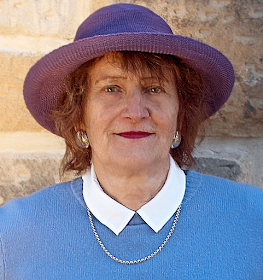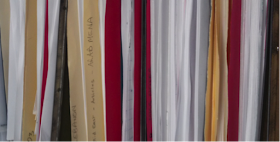The latest report from our
study of intellectual workers and knowledge production in Brazil, South Africa
and Australia has just been published online:
Connell, Raewyn, Rebecca
Pearse, Fran Collyer, João Maia and Robert Morrell. 2017. Re-making the global
economy of knowledge: do new fields of research change the structure of
North-South relations? British Journal of
Sociology, published online August 2017, DOI:
10.1111/1468-4446.12294.
This has a paywall. The penultimate text is available open
access on my website, here: https://drive.google.com/open?id=0B7PfMzZfEk7vTmxyNkZGRDZFYms
.
This paper reports
interviews with experienced researchers in the fields of HIV/AIDS, Climate Change, and Gender
Studies about the dynamics of these domains and changing global relations of
knowledge. Here are the section
headings, after (of course) Introduction and Method:
Making new domains of knowledge
Instituting global hierarchy in new domains
Resource
inequality
Forming
a workforce
Intellectual
structure
Tensions in the global economy of knowledge
Initiatives in the Southern tier
Reflection




